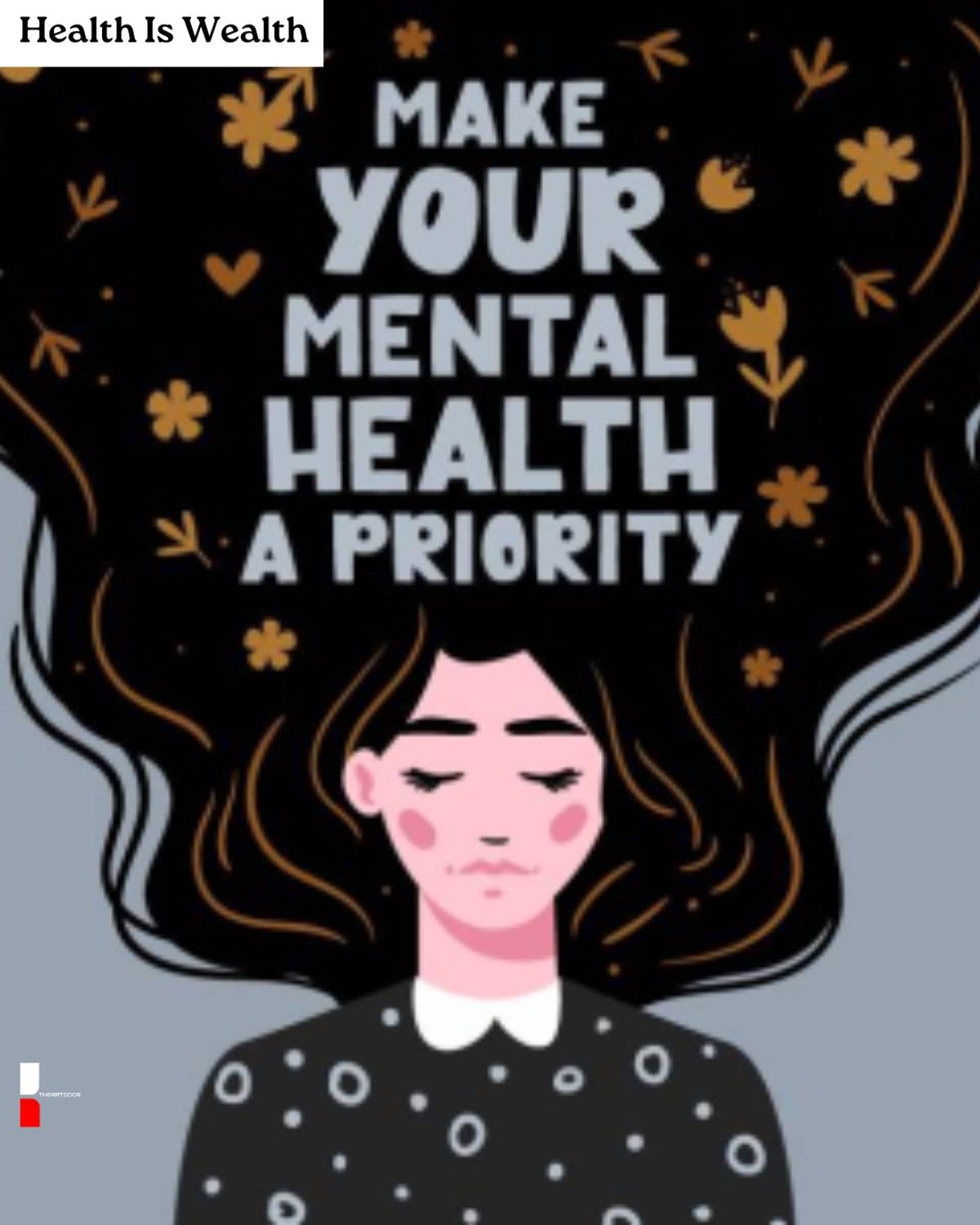Gym Culture in the West: Strength or Strain?
By Tanvi Ibrahim Patankar
ShareFrom New York’s luxury fitness clubs to London’s boutique spin studios, the gym has become more than a place to exercise and it’s a cultural phenomenon. For millions, it represents discipline, strength, and community. Yet, behind the sculpted bodies and #Fitspo posts a darker side: obsession, insecurity, and an endless chase for the “perfect” physique.

Photo: 2023 Lanserhof at The Arts Club London
What Exactly Is Gym Culture?
In the West, gym culture has evolved into a lifestyle. It’s not just about lifting weights; it’s about identity. Fitness apps, wearable trackers, protein shakes, and Instagram progress photos all fuel a sense of belonging to the “fit life.”
“Working out is empowering,” says Amanda Lewis, a fitness coach in Los Angeles. “But when clients equate self-worth with six-packs, it’s no longer about health it’s about validation.”
A Silent Crisis Behind the Muscles
While gym memberships in the U.S. and Europe continue to climb, over 64 million Americans are registered gym-goers (IHRSA, 2023) mental health experts warn of rising body image issues.
Social media glorifies shredded abs and flawless curves, creating unrealistic beauty standards. Eating disorders, steroid abuse, and “muscle dysmorphia” (the belief that one is never muscular enough) are quietly spreading, particularly among young men and women.
Take James, a 22-year-old student from Manchester. Initially joining the gym to stay healthy, he soon began spending 3 hours daily lifting weights and obsessively tracking calories. “If I missed a session, I felt guilty like I was failing,” he admits.

Photo: Yanrefitness
The Cost of Fitness Obsession
The impacts are personal but ripple through society:
- Mental Health Toll: Rising anxiety, depression, and eating disorders linked to body dissatisfaction.
- Financial Strain: Expensive memberships, supplements, and designer activewear feed consumerism.
- Steroid & Substance Abuse: Driven by pressure for quick results, illegal enhancers see growing demand.
- Social Comparison: Constant exposure to “perfect bodies” online fuels self-doubt.
- Time Drain: Hours spent in gyms can affect studies, work, and family life.
Why Are We Here?
The roots lie not in fitness itself, but in how Western culture frames it.
- The media idealizes toned bodies as symbols of success.
- Influencer-driven “fitspiration” often promotes extremes, not balance.
- Consumer markets thrive on selling insecurities supplements, diets, surgeries.
- Schools emphasize physical performance but rarely teach body positivity.
“We’ve turned health into a competition,” says Dr. Helen Carter, a psychologist in London. “The gym should build strength, not strip away self-esteem.”

Photo: Jamie Mcgregor smith 2018
What the World Can Teach Us
- Norway: Promotes “friluftsliv” (open-air living), encouraging outdoor activity over gym confinement.
- Australia: Government-led campaigns highlight fitness for fun and health, not looks.
- Japan: Prioritizes community wellness morning group exercises and workplace fitness breaks normalize balance over obsession.
A Path Forward for Healthy Fitness Culture
The West can reshape gym culture into a force for good by:
- Promoting Body Neutrality: Campaigns that shift focus from looks to overall well-being.
- School Programs: Teaching children healthy movement, nutrition, and body positivity.
- Transparency from Influencers: Encouraging honesty about filters, lighting, and editing in fitness content.
- Affordable Community Fitness: Public parks, trails, and free outdoor gyms reduce reliance on consumer-driven fitness.
- Mental Health Integration: Gyms partnering with therapists to address obsession and unhealthy patterns.
Closing Thought
The gym, like any tool, can empower or enslave. In moderation, it builds strength, confidence, and resilience. In excess, it becomes a mirror reflecting insecurities back at us.
The real measure of fitness isn’t a number on a scale or the size of your biceps or it’s whether your body serves your life, or your life serves your body image.
The question is not how fit you look, but how healthy you truly are.

Photo : Phoenixfitnesstraining


